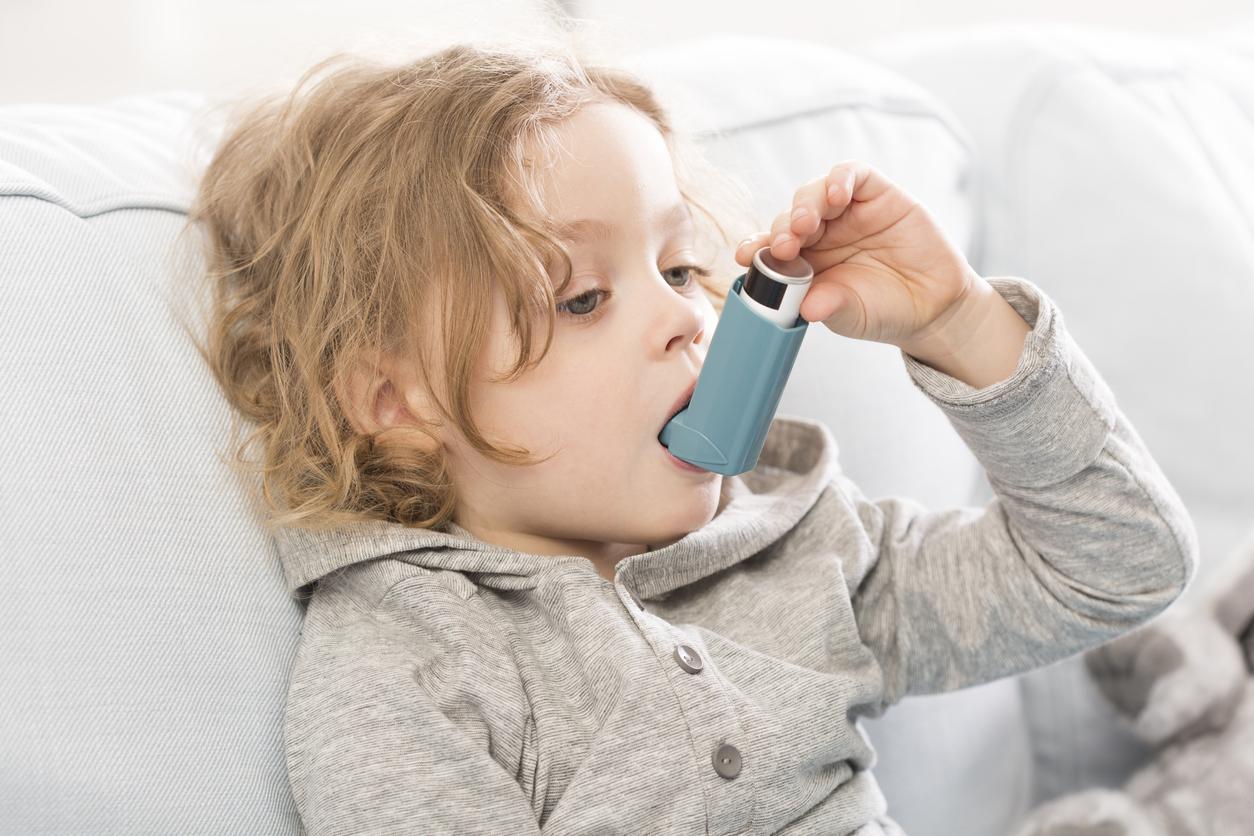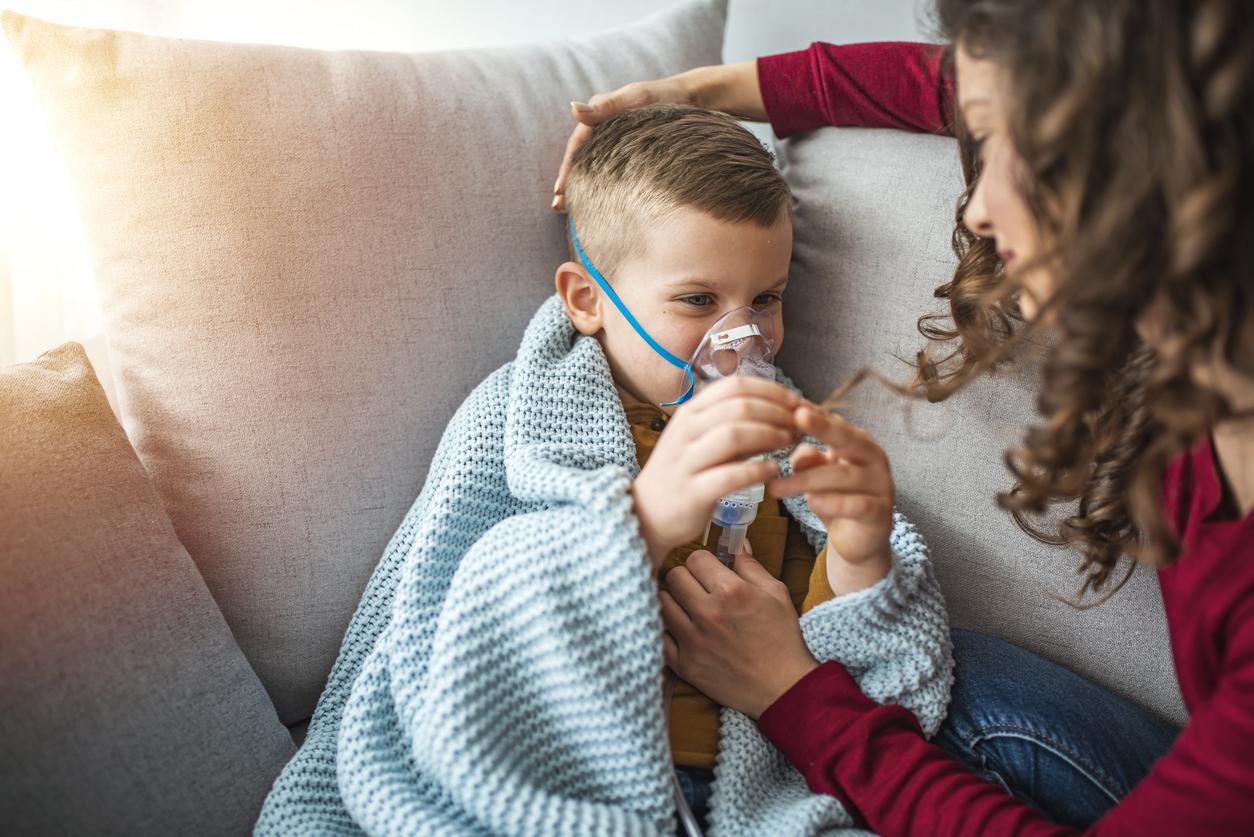Supplementing pregnant women with omega-3 would reduce the risk of developing asthma in children by at least a third.

To prevent the onset of asthma in children, it is never too early to act. A study published in the New England Journal of Medicine ensures that it is possible to reduce the risk of this respiratory pathology in toddlers through omega-3 supplementation during pregnancy.
Numerous studies have shown that populations consuming large quantities of fish are not affected very much by asthma. This is particularly the case of Eskimos, two-thirds of whose diet consists of marine animals, rich in omega-3. These fatty acids essential to the body would indeed be able to reduce inflammatory processes. They are therefore presented as an interesting strategy to avoid the onset of asthma, a chronic inflammation of the bronchi.
A risk reduced by 30 to 50%
To test the effectiveness of this preventive treatment, researchers at the University of Waterloo analyzed the blood of 736 Danish women who were 24 weeks pregnant, as well as samples taken a week after giving birth. Half of the participants received 2.4 g of omega-3 (DHA and EPA) per day, while the other half received a placebo. The children’s health was then monitored for more than 5 years, at which time asthma symptoms can clearly be established.
At the end of the experiment, the researchers estimated that the children exposed in utero at significant amounts of omega-3 have a risk of asthma reduced by 31%. “We have long suspected a link between the anti-inflammatory properties of long-chain omega 3 fatty acids, low intakes in the Western diet and the increasing prevalence of asthma in children,” says Professor Hans Bisgaard of the Copenhagen University Hospital (Denmark). This study proves that all of these are linked. “

Preventive strategy
This work also suggests that women with low levels of EPA and DHA in the blood at the start of the experiment benefited the most from supplementation. Their children indeed presented a risk of developing asthma decreased by 54%. “Identifying these women and providing them with omega-3 supplements could be considered a first-line solution to reduce and prevent asthma in children,” said Prof. Ken Stark, co-author of the study.
“Asthma and wheezing have more than doubled in Western countries in recent decades. We now have a preventive strategy to reverse this trend, ”adds Professor Bisgaard.
In France, a national survey carried out every two years among children attending nursery, primary and secondary school shows that asthma affects 10 to 16% of schoolchildren. This prevalence decreases in adults and is estimated at around 7%.
.

















